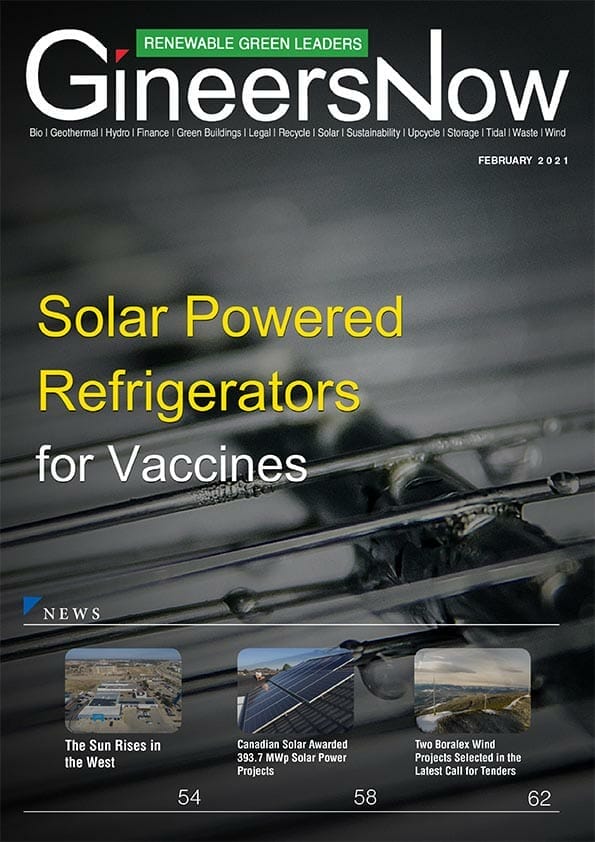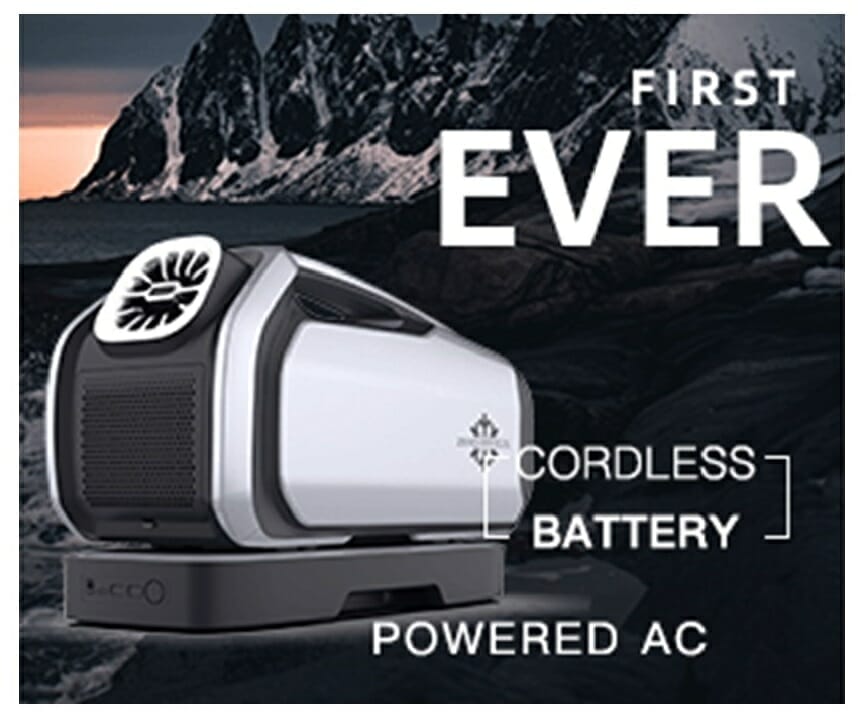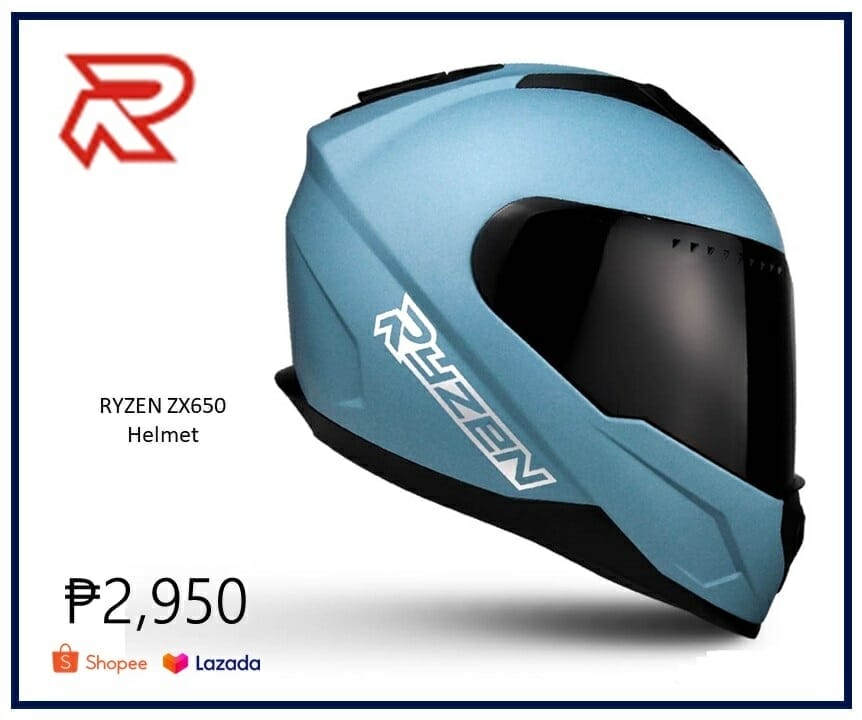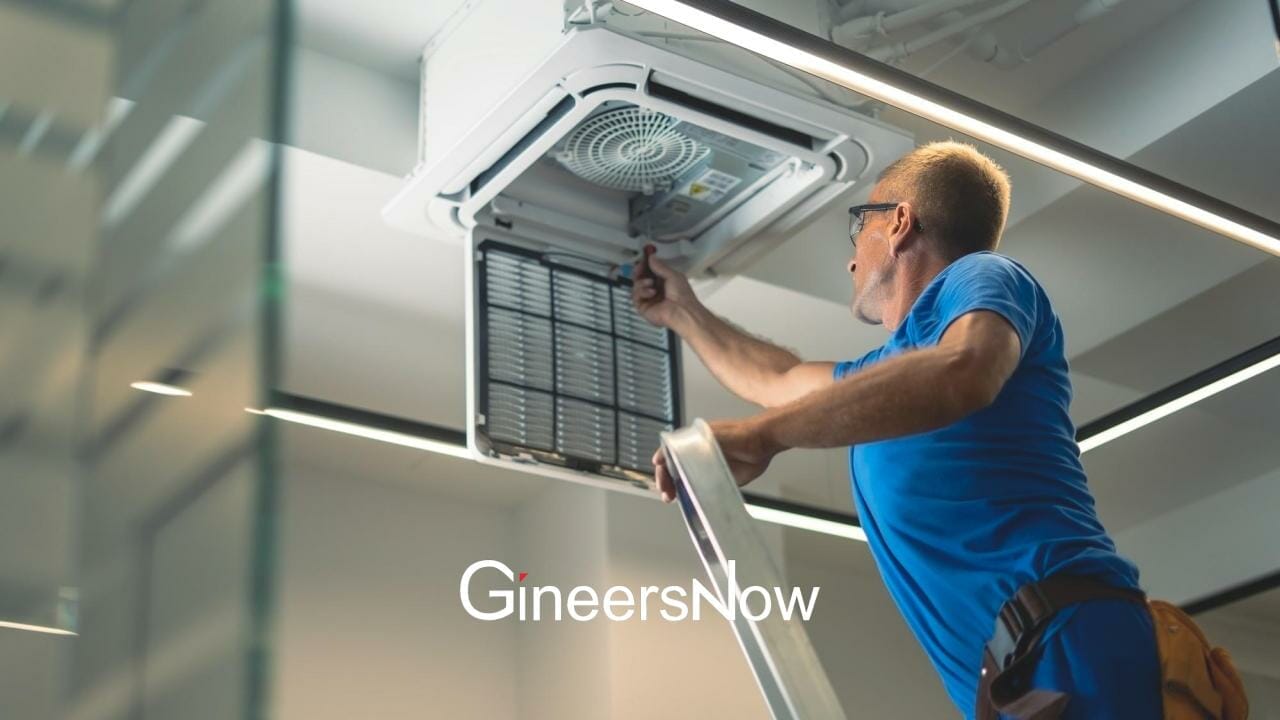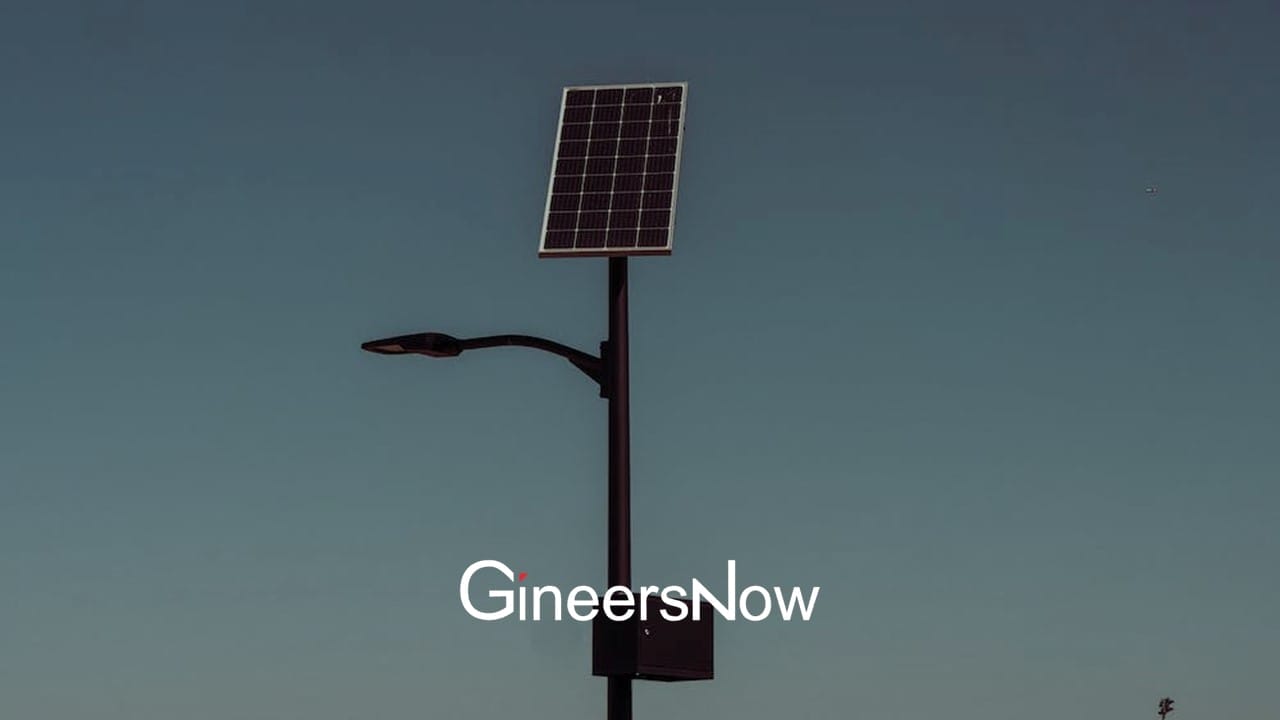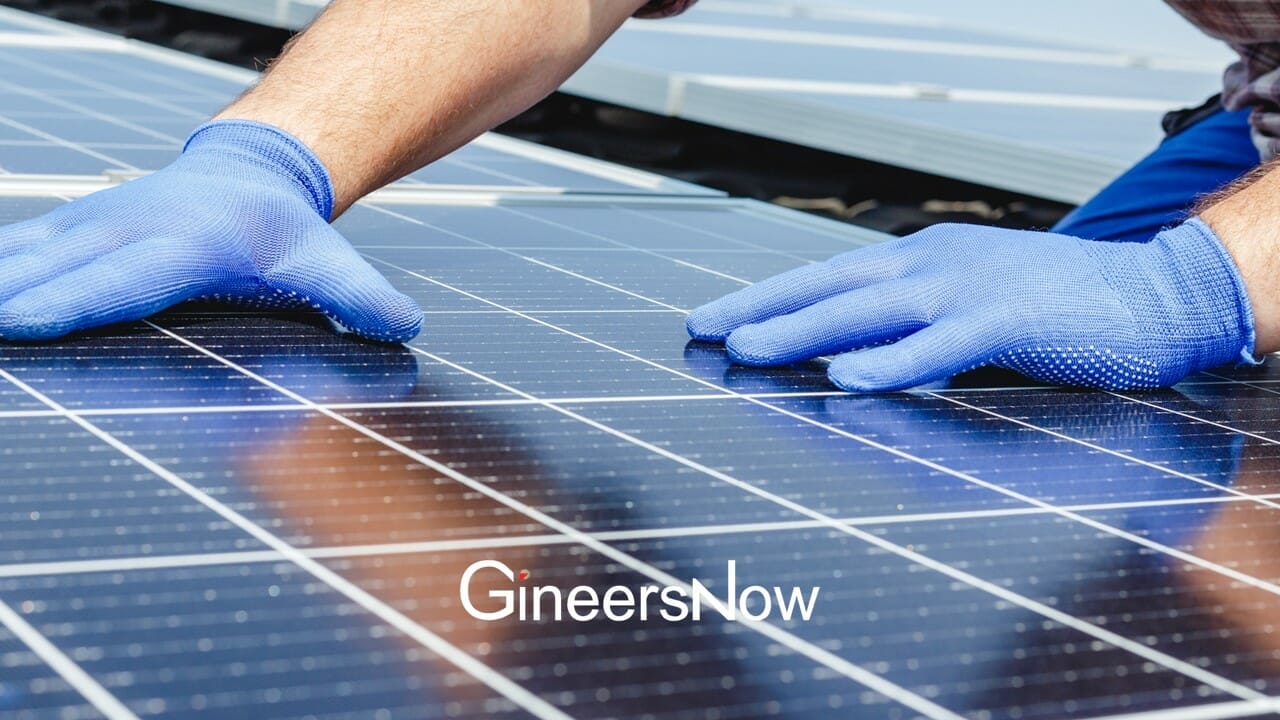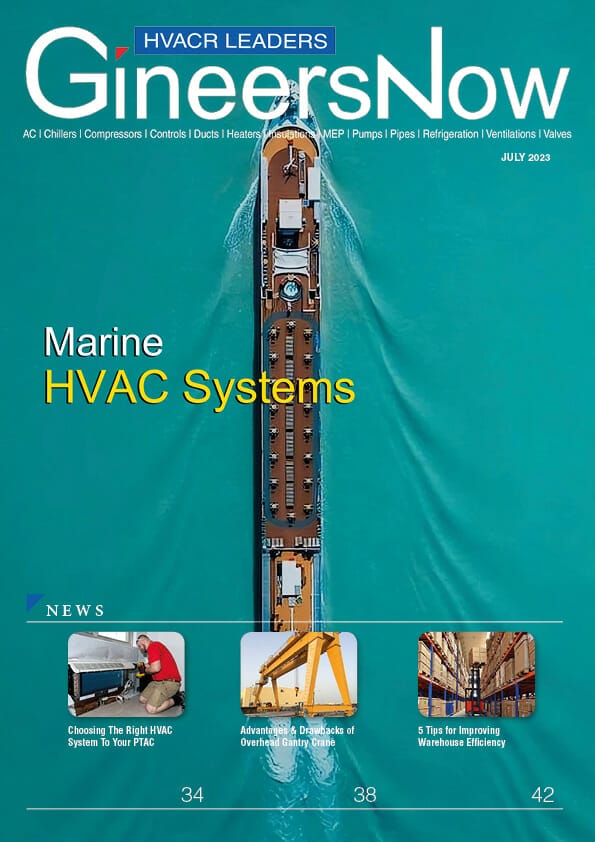Refrigerators for Vaccines
Many pharmaceutical companies have reported successes in their COVID-19 trials, with Pfizer and Moderna’s efficacy going over 90%, while Sinovac claims 50% to 91% efficacy (depending on trial location), and Johnson & Johnson efficacy up to 66%. While this is indeed great news as it is a sign of the nearing end of the pandemic, heads of states should keep in mind the challenges brought about by the complex distribution and storage of these vaccines.
Since these vials need temperatures as low as -80 degrees Celsius during delivery and while in storage, governments should start to invest in cold-chain systems that fit these requirements. However, such is not an easy task, especially for developing countries with rural areas that are either off-the-grid or have fragile power systems.
As a solution to the problem, health centers in the Democratic Republic of Congo (DRC) have switched from kerosene-powered refrigerators to solar direct-drive refrigerators as their vaccine storage. This innovative alternative is basically a box-like cooler that doesn’t require any battery or fuel and is wired to solar photovoltaic panels to keep the insides cold for many days without regard for the weather.
Although this solution is revolutionary, especially for DRC who have significantly battled a measles outbreak in the past year thanks to solar direct-drive fridges, they are merely one step out of many in the distribution process. You see, these vaccines need to be stored at specific temperatures from the time they are released from the manufacturing sites to the time they are administered to the individual.
As such, special refrigerators should be present from the start of the distribution until the end. This can be challenging for many countries, so as a response, the DRC is partnering with non-profit, commercial, and academic experts to assess their situation and come up with feasible solutions for the coming months. In the meantime, they are looking to buy vaccines that can be stored at standard refrigerators.


